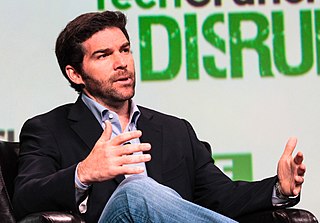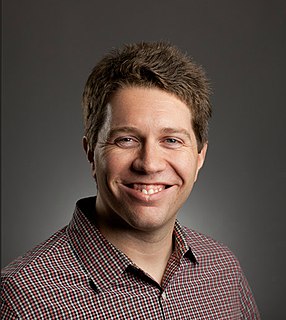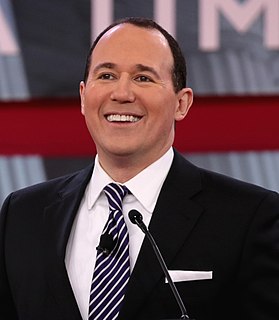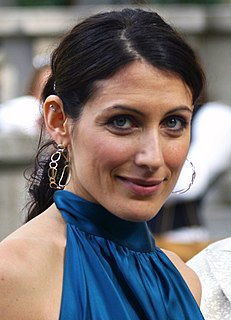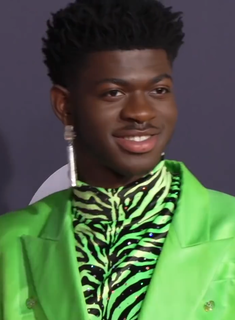A Quote by Kevin Mitnick
I can go into LinkedIn and search for network engineers and come up with a list of great spear-phishing targets because they usually have administrator rights over the network. Then I go onto Twitter or Facebook and trick them into doing something, and I have privileged access.
Related Quotes
The way the Facebook network is set up, it's not as suitable for content discovery. Twitter is better, but there are too many over-sharers. Also, on Twitter and Facebook, everything comes from people you know. On StumbleUpon, it comes from people that you don't necessarily know but share your interests.


